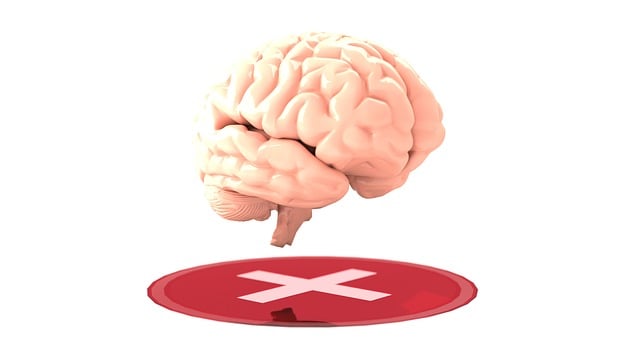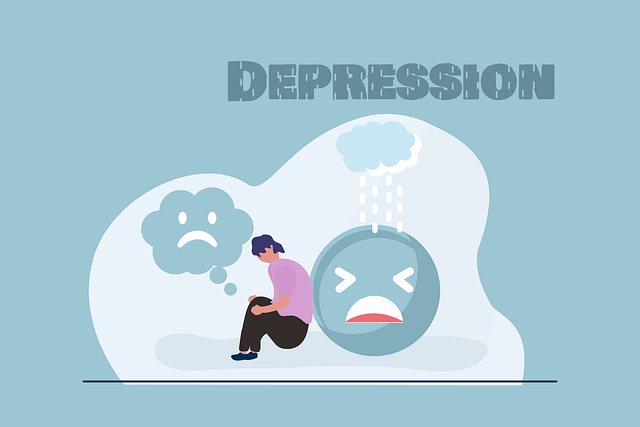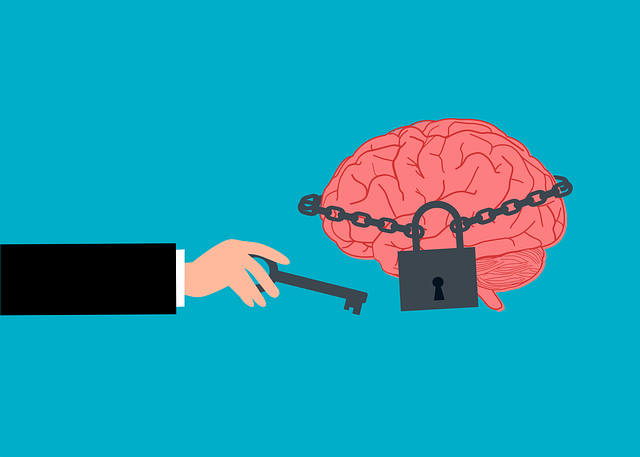Mindfulness meditation, a holistic approach to mental health, is gaining traction as an effective therapy for adolescent teens dealing with depression. By focusing on present-moment awareness and observing thoughts without judgment, this ancient practice enhances self-awareness, emotional regulation, and concentration. It offers a non-traditional yet powerful tool for teens to navigate life's challenges, improve social skills, and develop a self-care routine. Starting with just 5 minutes a day, mindfulness meditation can significantly impact future mental health, build resilience against stress, and prevent depression, making it a valuable addition to any teen's daily routine.
Mindfulness meditation is a powerful tool for adolescent teens navigating the challenges of growing up. This practice, rooted in ancient wisdom, offers a modern solution for managing stress and anxiety, potentially preventing depression. Understanding mindfulness and its benefits can empower teens to make informed decisions about their mental health. This article explores how regular meditation practices can enhance well-being, provides practical tips for incorporation into daily routines, and highlights its potential as a therapeutic approach for adolescent teens dealing with depression.
- Understanding Mindfulness Meditation for Teens
- Benefits of Regular Practice in Adolescence
- Practical Tips to Incorporate into Daily Routine
Understanding Mindfulness Meditation for Teens

Mindfulness meditation is an ancient practice that has gained popularity as a powerful tool for adolescent teens dealing with depression and anxiety. It involves being fully present and aware of one’s thoughts, feelings, and surroundings without judgment. For teens, this can be a game-changer when it comes to managing their mental health. By learning to observe their emotions and reactions, teenagers can develop a deeper sense of self-awareness and emotional regulation.
This type of meditation encourages young individuals to focus on the present moment, which is essential for navigating life’s challenges. It offers an alternative to traditional therapy for adolescent teens depression by providing a practical skill that can be incorporated into daily routines. Through regular practice, teens can enhance their social skills training by improving communication and empathy, while also cultivating compassion cultivation practices that foster kindness towards themselves and others. Additionally, mindfulness meditation supports self-care routine development for better mental health, helping teens establish a holistic approach to well-being.
Benefits of Regular Practice in Adolescence

Regular mindfulness meditation practice during adolescence offers a myriad of benefits that can significantly shape one’s future mental health and overall well-being. This period is crucial for brain development, and introducing mindfulness techniques early on can foster resilience against various challenges, including stress and depression. Numerous studies have shown that mindfulness meditation helps teens regulate their emotions, improve focus, and enhance self-awareness—skills that are essential for navigating the complexities of growing up.
For adolescent teens dealing with depression or seeking therapy, incorporating mindfulness into daily routines can be a powerful tool. It encourages present-moment awareness, enabling teens to detach from negative thoughts and emotional ruts. Regular practice also promotes better sleep, improves academic performance, and enhances social interactions—all vital aspects of mental wellness. The Mental Wellness Podcast Series Production highlights the growing body of research advocating for mindfulness as an effective complementary therapy for adolescent mental health issues, alongside traditional treatments and self-care practices.
Practical Tips to Incorporate into Daily Routine

Incorporating mindfulness meditation into your daily routine can be a powerful tool for managing stress and promoting mental well-being, especially for adolescent teens dealing with depression. Start small, perhaps with just 5 minutes each morning or before bed. Focus on your breath; notice its rhythm as you inhale and exhale. This simple practice calms the mind and sets a peaceful tone for the day ahead. Consistency is key; regular sessions will help build resilience to stress and may even serve as a natural depression prevention strategy.
For teens struggling with mental health, integrating mindfulness can be a game-changer. It offers a way to observe thoughts without judgment, fostering better emotional regulation skills. Mental health professionals can encourage this practice as part of risk management planning for their patients, teaching coping skills that support long-term resilience and well-being.
Mindfulness meditation offers a powerful tool for adolescent teens to navigate the challenges of growing up, including managing stress and potential symptoms of depression. By incorporating practical tips into their daily routines, teens can harness the benefits of regular practice, fostering resilience and emotional well-being. This simple yet effective therapy has the potential to revolutionize mental health support for this vulnerable demographic, providing a calming crucible where self-discovery and healing can thrive.














